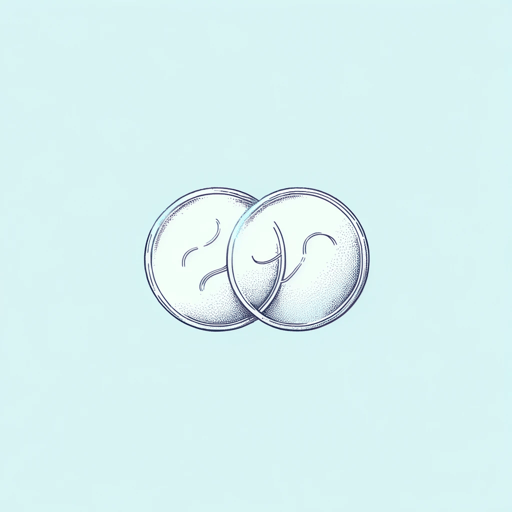41 pages • 1 hour read
Tom StoppardArcadia
Fiction | Play | Adult | Published in 1993A modern alternative to SparkNotes and CliffsNotes, SuperSummary offers high-quality Study Guides with detailed chapter summaries and analysis of major themes, characters, and more.
Important Quotes
“Thomasina: When you stir your rice pudding, Septimus, the spoonful of jam spreads itself round making red trails like the picture of a meteor in my astronomical atlas. But if you stir backward, the jam will not come together again. Indeed, the pudding does not notice and continues to turn pink just as before [...] You cannot stir things apart.
Septimus: No more you can, time must needs run backward, and since it will not, we must stir our way onward mixing as we go, disorder out of disorder into disorder until pink is complete, unchanging and unchangeable, and we are done with it for ever. This is known as free will or self-determination.”
(Act I, Scene 1, Pages 4-5)
Early in the play, Thomasina uses rice pudding as a metaphor for scientific ideas concerning time. Even in her mundane daily life, Thomasina is scientifically curious. Her explanation of mixing rice pudding and jelly is the basis for chaos theory and embodies the concept of iteration. The melding of the literal and the abstract will continue throughout the play, especially in Valentine’s work and his uncovering of Thomasina’s work. In contrast to her child-like ignorance about sex, Thomasina’s description illustrates mathematical genius. Her childhood imagination allows her to ask questions an adult might not conceive of. Septimus takes her seriously and builds upon her ideas.
“But Sidley Park is already a picture, and a most amiable picture too. The slopes are green and gentle. The trees are companionably grouped at intervals that show them to advantage. The rill is a serpentine ribbon unwound from the lake peaceably contained by meadows on which the right amount of sheep are tastefully arranged—in short, it is nature as God intended, and I can say with the painter, ‘ Et in Arcadia ego!’ ‘Here I am in Arcadia,’ Thomasina.”
(Act I, Scene 1, Page 12)
Lady Croom’s description of the gardens reflects the English tastes of her time, which are undergoing a change from Enlightenment sensibilities to Romantic ones. It also illustrates how the garden functions as a symbol of Arcadia throughout the play. “Et in Arcadia Ego” is the title of a 17th-century painting by Nicolas Poussin that features a pastoral scene with shepherds and a woman gathered around a tomb. The ambiguity of the word “I” in the Latin tag has led to academic debate over whether it refers to Death or to the tomb’s occupant in the painting.
Related Titles
By Tom Stoppard



